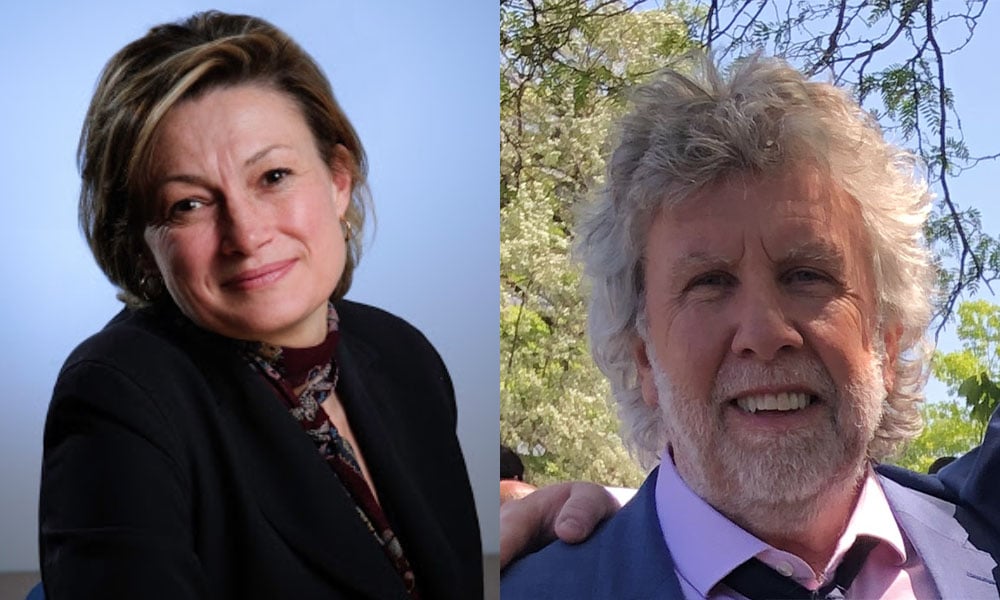
Merits of Charter challenge to be heard in June

The Federal Court of Canada recently declined to grant an interlocutory injunction to end mandatory hotel isolation for air travellers but found the applicants had established a serious issue in the policy’s impact on their ss. 7 and 9 Charter rights.
On Feb. 14, in response to the emergence and spread of COVID variants, the federal government ordered all air-travellers arriving in Canada to stay for three nights at a government-authorized hotel and to have “a suitable 14-day quarantine plan,” among other requirements.
The applicants sought an interlocutory injunction to prevent the federal government from enforcing the hotel isolation, until the hearing of their pending Charter challenge.
But Federal Court Justice William Pentney found that the impact on rights and freedoms “from a temporary stay at a hotel” was not enough to halt a “significant public health measure that is based on the advice of scientific experts.”
A hearing on the merits of the Charter issues raised by the applicants is scheduled for June 1-3.
There are a number of problems with the manner by which the federal government has implemented its border requirements, says Professor Colleen Flood, University Research Chair in Health Law and Policy at the University of Ottawa and director of the school’s Centre for Health Law, Policy and Ethics.
The measures have come too late; the hotel isolation measures apply to air travellers, but not those entering the country at a land crossing and those Canadians being made to quarantine often wait many weeks for a COVID test result, says Flood.
But it is “important and interesting” that Justice Pentney affirmed the significance of the precautionary principle, she says. According to the principle, when steps need to be taken to prevent a public health disaster, preventative action comes before full evidence of the risks can be established.
“Even when that might mean you're treading on someone's civil liberties or Charter rights,” says Flood. The precautionary principle is “absolutely essential and core to public health and managing an infectious disease. You can't be held to the same sort of high evidentiary standards that we would hold a government to if we weren't in the middle of a pandemic or dealing with a really significant public health threat.”
The precautionary principle is at odds with how civil libertarians view Charter rights; that they should never be undermined without the highest evidentiary proof possible, she says.
“The reality is, as a pandemic is unfolding, the evidence is changing all the time. You just can't get that kind of evidence that they would demand. That would mean, potentially, you wouldn't be able to do anything as a government. And there would be resulting casualty and loss of life of a very high magnitude as a result.”
Osgoode Hall Law School Professor Allan Hutchinson says that, as one of the few cases which has emerged challenging pandemic regulations based on the Charter, the case creates an important opportunity for public discourse and debate about the limits on the ways in which government can respond to COVID.
“There should be more of a debate about these things than there is,” says Hutchinson.
“There's a lot of yahoos out there who want to claim all kinds of wild ideas about freedom being infringed. I don't want to in any way to be seen or identify with those. What I do want to say is that in all of this over the last year, discussion of the Charter has been… conspicuous by its absence.”
More than a “face-off” between a government imposing its will and individuals challenging the impact on their rights, Canadian society would benefit from a “nuanced,” “realistic” debate on the public health measures, says Hutchinson.
“My issue is that the constitutional debate needs to be taken seriously. Not necessarily by going to court, but as part of our general political discourse.”